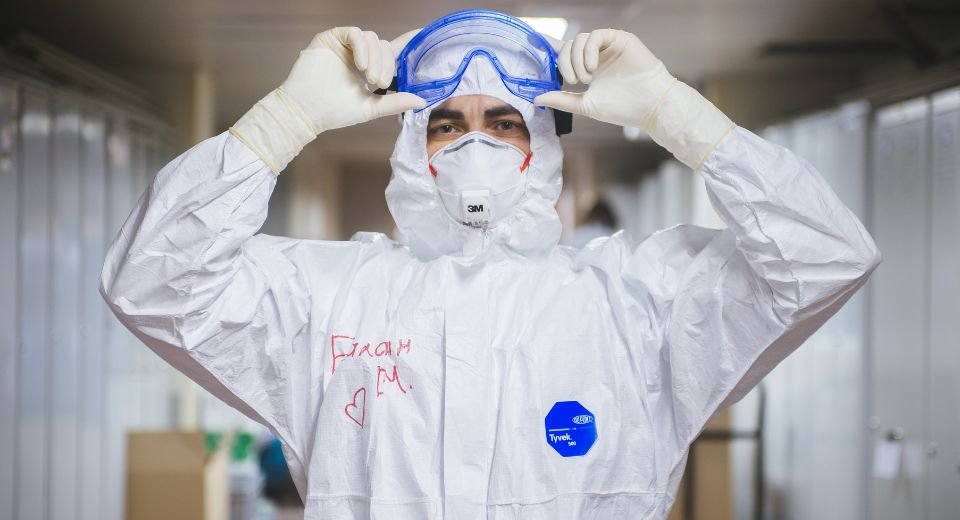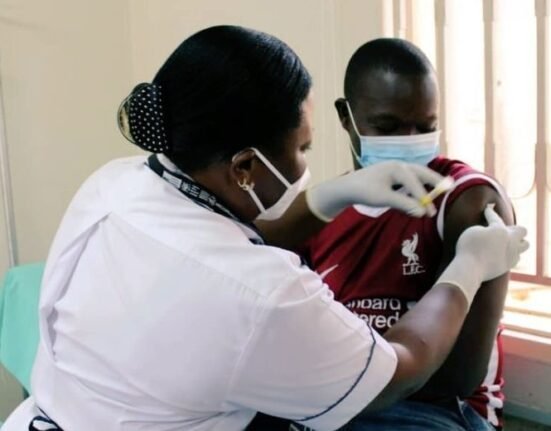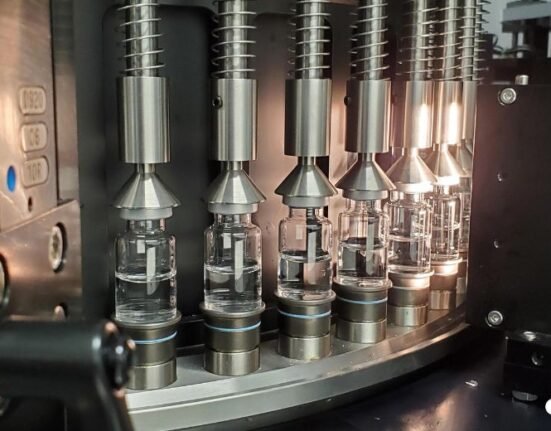HQ Team
August 1, 2023: The US medical research agency has opened enrollment for the second stage of trials to evaluate about four treatments for long-Covid-19 and plans another seven treatment tests in the near future.
The treatments include drugs, biologics, medical devices, and other therapies. The trials are designed to evaluate multiple treatments at the same time and to identify effective ones immediately.
It is part of the National Institutes of Health’s $1.15 billion Researching COVID-19 to Enhance Recovery Initiative (RECOVER).
RECOVER is a large, nationwide research program designed to understand, treat and prevent long COVID, which is marked by long-term symptoms following infection by SARS-CoV-2, the virus that causes COVID-19, according to an NIH statement.
“We know that when patients are suffering, we can never move fast enough,” said Acting NIH Director Lawrence A. Tabak. “NIH is committed to a highly coordinated and scientifically rigorous approach to finding treatments that will provide relief for the millions of people living with long Covid.”
Multi-site studies
The initial stage of the initiative involved large, observational, multi-site studies examining and following people through their experience with COVID-19 to learn why some people develop long-term symptoms while others recover completely.
The ongoing study has recruited more than 24,000 participants to date. Researchers also are analyzing 60 million electronic health records and conducting more than 40 pathobiology studies on how Covid-19 affects different body tissues and organs.
Data gleaned from these efforts helped shape the development of phase II clinical trials, which test the safety and effectiveness of treatments typically in groups of 100-300 participants.
The trials will focus on viral persistence and cognitive dysfunction using “platform protocols,” a term used to describe the adaptive design of these trials.
“Hundreds of RECOVER investigators and research participants are working hard to uncover the biological causes of long Covid The condition affects nearly all body systems and presents with more than 200 symptoms,” said Walter J. Koroshetz, director of the NIH’s National Institute of Neurological Disorders and Stroke, and co-lead of the RECOVER Initiative.
Different symptom clusters
“Recognizing that more than one solution is likely needed, we’ve taken the lessons learned from RECOVER participants to design rigorous clinical trial platforms that will identify treatments for persons with different symptom clusters to improve their function and well-being.”
The trials focus on four areas. RECOVER-VITAL, targets SARS-CoV-2 persistence, which could occur if the virus stays in the body and causes the immune system to not function properly or damage the organs.
RECOVER-SLEEP will test interventions for changes in sleep patterns or ability to sleep after having COVID-19.
RECOVER-NEURO will examine accessible interventions for cognitive dysfunction related to long COVID-19, including brain fog, memory problems, and difficulty with attention, thinking clearly, and problem-solving.
RECOVER-AUTONOMIC will examine interventions to help treat symptoms associated with problems in the autonomic nervous system, which controls a range of bodily functions including heart rate, breathing, and digestive system activity.
Exercise intolerance
A fifth platform protocol, focusing on exercise intolerance and fatigue, is under development with input from the patient community and scientific experts.
Study interventions were reviewed by teams of scientists and patient representatives and approved by the NIH leadership based on ideas submitted through a May 2022 request for applications.
“Clinical trials to test effective treatments and interventions are a core component of the whole-of-government response to long COVID,” said Adm. Rachel L. Levine, Assistant Secretary for Health, Department of Health and Human Services.
“Coupled with adequate supports and services, access to clinical care and up-to-date information on what we know about long COVID, we can work toward relief for individuals and families impacted most.”
A Data and Safety Monitoring Board made up of an independent group of experts will monitor participant safety throughout the trial and provide recommendations.








